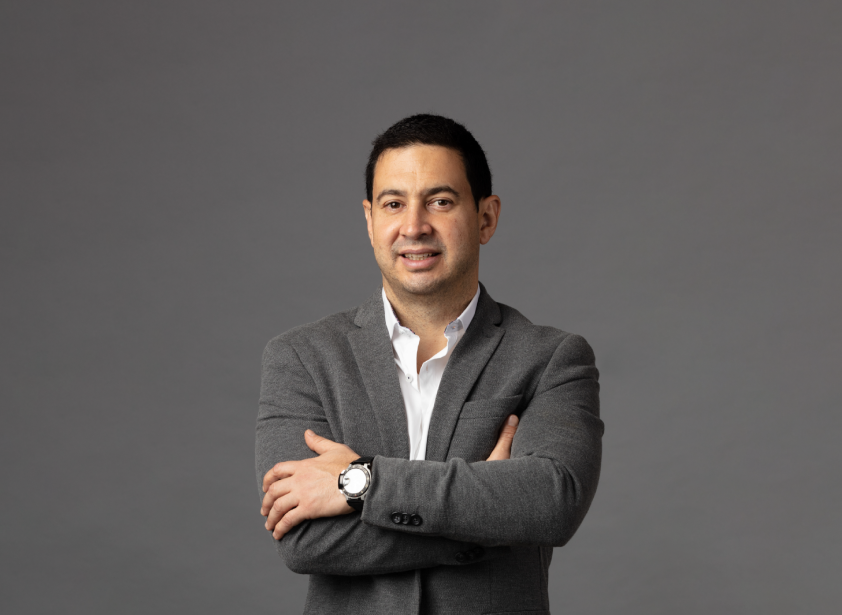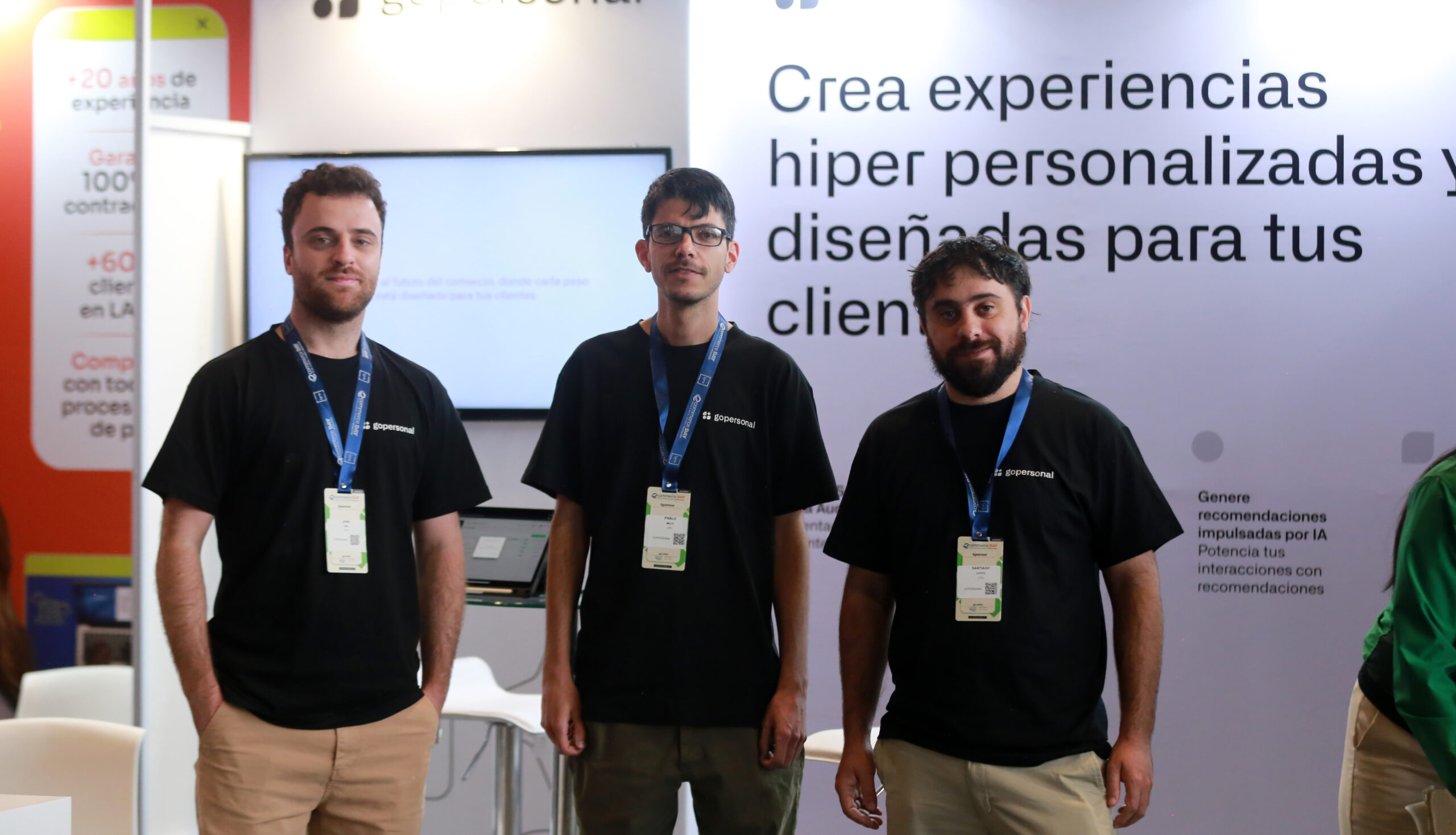Focus groups are a common research method used by businesses and organizations to gather feedback and insights from a target audience. A focus group typically consists of a small group of people who are asked to discuss their opinions, attitudes, and beliefs about a particular product, service, or idea. The goal of a focus group is to gain a deeper understanding of the target audience's needs and preferences, which can then be used to inform decision-making and improve marketing strategies.
For startup founders, focus groups can be an invaluable tool for gathering feedback and insights from potential customers. By conducting a focus group, startup founders can gain a better understanding of their target audience's needs and preferences, as well as identify potential areas for improvement. This can help founders refine their product or service offering, improve their marketing strategies, and ultimately increase their chances of success.
However, it is important to note that focus groups are not without their limitations. For example, the opinions shared in a focus group may not necessarily be representative of the broader population, and participants may be influenced by social desirability bias or groupthink. Nonetheless, when used appropriately and in conjunction with other research methods, focus groups can provide valuable insights and help startup founders make more informed decisions.
What are Focus Groups?
Focus groups are a type of research method that involves a small group of people, typically between 6-10 individuals, who are brought together to discuss a specific topic or issue. The group is led by a moderator who guides the conversation and asks questions to elicit feedback and insights from the participants.
Focus groups are commonly used in marketing, product development, and user research disciplines to gain a better understanding of how people feel and think about a particular product, service, or idea. They can provide more nuanced and natural feedback than individual interviews and are easier to organize than experiments or large-scale surveys.
During a focus group, participants are encouraged to share their opinions, ideas, and experiences related to the topic at hand. The moderator may use various techniques to stimulate discussion, such as role-playing exercises, brainstorming sessions, or visual aids.
Focus groups can be conducted in-person or online, and they can last anywhere from 30 minutes to several hours, depending on the complexity of the topic and the goals of the research. The insights gained from a focus group can be used to inform decision-making, improve products or services, and identify areas for further research or development.
Why are Focus Groups Relevant for Startup Founders?
Focus groups can be a valuable tool for startup founders looking to gain insights into their target market, improve their product, and position their brand effectively. By bringing together a small group of people to discuss their opinions and experiences, focus groups can provide valuable feedback that can inform business decisions.
Understanding Your Target Market
One of the key benefits of focus groups is that they allow startup founders to gain a deeper understanding of their target market. By listening to the opinions and experiences of potential customers, founders can gain insights into their needs, preferences, and pain points. This can help them develop products and services that better meet the needs of their target market.
Product Development and Improvement
Focus groups can also be useful for product development and improvement. By gathering feedback on prototypes or early versions of a product, founders can identify areas for improvement and make changes before launching to a wider audience. This can help ensure that the product is well-received and meets the needs of customers.
Brand Perception and Positioning
Focus groups can also provide valuable insights into brand perception and positioning. By asking participants about their perceptions of the brand and how it compares to competitors, founders can gain insights into how to position their brand more effectively. This can help them develop messaging and marketing strategies that resonate with their target market.
Competitor Analysis
Focus groups can also be useful for competitor analysis. By asking participants about their experiences with competitors, founders can gain insights into what their competitors are doing well and where they may be falling short. This can help them identify opportunities to differentiate their own product or service and gain a competitive advantage.
Market Trends and Insights
Finally, focus groups can provide valuable insights into market trends and insights. By asking participants about their experiences and opinions related to broader industry trends, founders can gain insights into what is driving customer behavior and how they can position their business to take advantage of these trends.
How to Conduct a Focus Group
As a startup founder, conducting a focus group can provide valuable insights into your target audience's preferences, needs, and pain points. Here are the steps to conduct a successful focus group:
Recruiting Participants
The first step in conducting a focus group is to recruit participants who represent your target audience. You can recruit participants through social media, email marketing, or by reaching out to existing customers. It's essential to ensure that the participants are willing to provide honest feedback and are not biased towards your brand.
When recruiting participants, consider offering an incentive, such as a gift card or discount code, to increase participation rates. It's also important to ensure that the participants' demographics align with your target audience to ensure that the feedback is relevant.
Preparing the Discussion Guide
The discussion guide is a critical component of the focus group process. It outlines the topics and questions that will be discussed during the focus group. The discussion guide should be designed to encourage open-ended responses and avoid leading questions.
When preparing the discussion guide, consider the research objectives and the information that you want to gather. The questions should be designed to elicit feedback on specific topics, such as product features, pricing, or customer service. It's also important to ensure that the questions are clear and easy to understand.
Facilitating the Focus Group
The focus group should be facilitated by a moderator who can guide the discussion and ensure that all participants have an opportunity to provide feedback. The moderator should follow the discussion guide and encourage participants to share their opinions and experiences.
During the focus group, it's essential to create a comfortable and non-threatening environment to encourage open and honest feedback. The moderator should also take notes and record the session to ensure that all feedback is captured accurately.
Analyzing and Reporting the Results
After the focus group, the feedback should be analyzed to identify patterns and themes. The results should be reported in a clear and concise manner, highlighting the key findings and insights. The results can be used to inform product development, marketing strategies, and customer service improvements.
It's important to note that focus groups are not a substitute for quantitative research. The findings from focus groups should be used to supplement quantitative data and provide a deeper understanding of your target audience.













